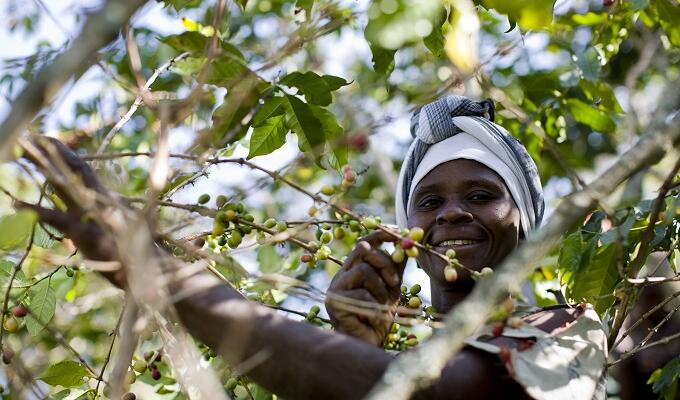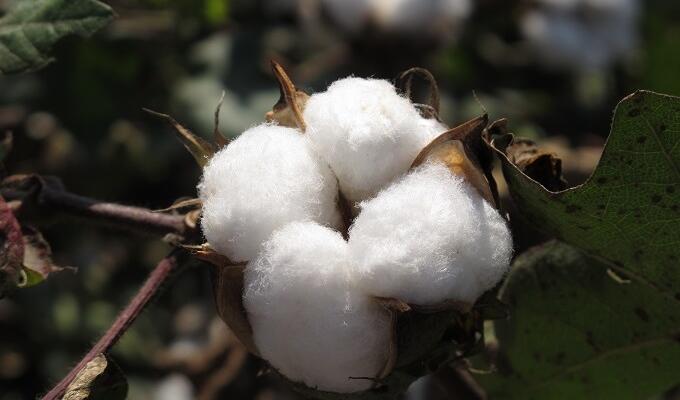


Climate change seen as major threat to agricultural exports from Uganda, Peru
Climate change is reducing the competitiveness of agricultural exports from developing countries as far apart as Peru and Uganda, as rising temperatures and more variable rainfall hit agricultural productivity while extreme weather events like floods damage roads and other supply chain infrastructure.
These are among the conclusions of an ITC study launched today, on World Environment Day, on the threats posed by a changing climate to exporters in the two countries. Based on surveys of exporting firms in both Peru and Uganda, the new publication, Climate Change and the Agri-Food Trade: Perceptions of Exporters in Peru and Uganda, identifies threats arising from climate change and seeks to develop solutions to help the agriculture sector adapt.
Agricultural exports are a key source of income for Uganda and Peru, and a major driver of rural job creation and income growth. The new study found that climate change threatens to make exports of key export commodities such as cocoa, coffee, cotton, tea and tobacco unpredictable. In addition to affecting harvests, climate change can cause post-production losses, for instance when floods cause food to rot before it can reach a processing plant or a port.
“The key finding from this survey is that climate change makes existing challenges in the agri-food sector even more difficult to overcome, and is already having a highly negative impact on competitiveness,” said ITC Executive Director Arancha González. “In both Peru and Uganda, the majority of exporters surveyed reported that climate change was of equal or greater importance to longstanding challenges such as price volatility, high operating costs and meeting product quality requirements.”
While micro, small and medium-sized enterprises are already providing locally-driven solutions for climate adaptation, such as agricultural extension services, they require public support to implement such initiatives on a larger scale.
Agricultural exporters in both Peru and Uganda called on their governments to integrate climate change into long-term, sector-specific policies and investment strategies. Based on these findings, the study recommends that the international community develop a climate platform to share information on best practices more effectively. Targeted training in climate-smart agriculture as well as on meeting sustainability certification requirements would also help exporters respond to climate change, exporters said.
Exporters said better access to financing would help them invest in sustainable practices and infrastructure improvements such as access to irrigation. Improved access to more reliable climate information would enable better responses to shifting weather patterns, they said.
Better networks and partnerships are also needed, the survey results showed. While exporter associations exist for certain commodities in both Peru and Uganda, expanding their membership and the services they provide could improve knowledge-sharing and create new opportunities to attract funding and government support for managing climate risks.
Agricultural exporters also identified crop diversification and the development of new crop varieties, such as drought resistant ones, as vital to sustaining export viability.
ITC today also launched a separate environment-related publication, on helping small and medium-sized enterprises improve management practices to save energy.



